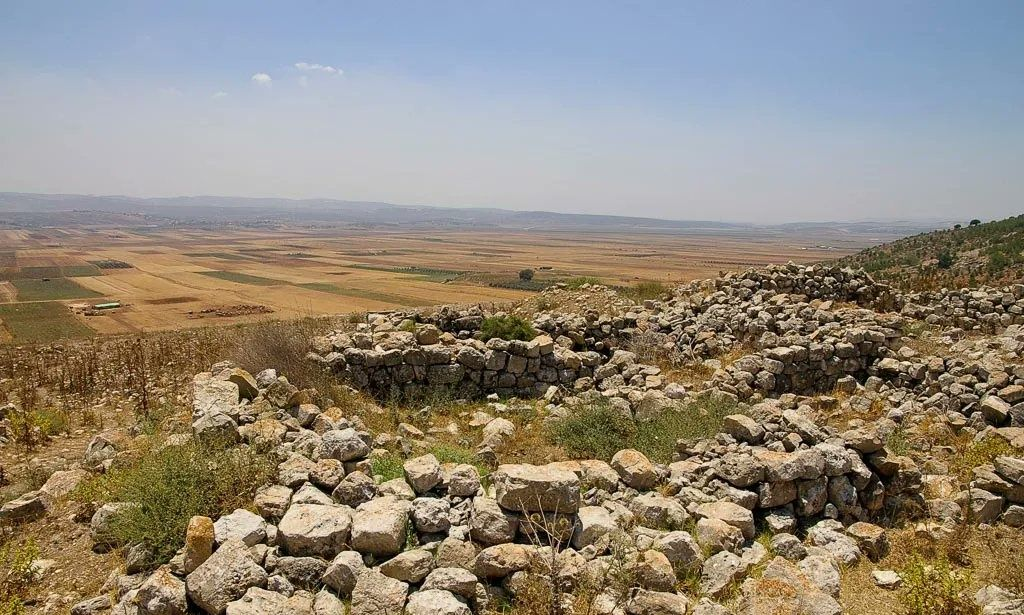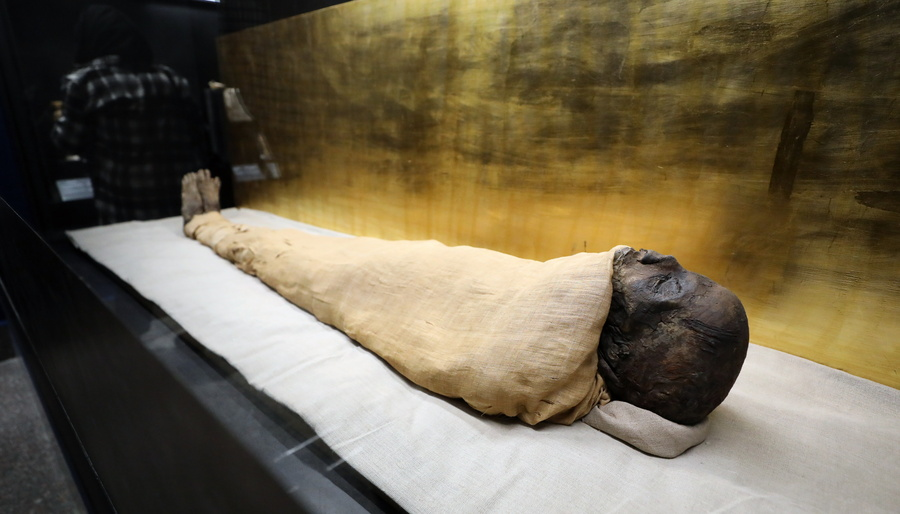Bread played a fundamental role in the daily lives of ancient societies such as Egypt, Mesopotamia, and Rome, serving as a crucial dietary staple and a key economic and cultural element.
Bread in Ancient Egypt
In ancient Egypt, bread was a cornerstone of the diet, often made from emmer wheat and barley. It was not only consumed daily by people of all social classes but also held religious significance, frequently offered to the gods and included in burial provisions for the afterlife. Bakers in Egypt developed various techniques, including fermentation, to improve the texture and taste of bread. Additionally, bread was used as a form of currency and as compensation for laborers, including those who built the pyramids.
Bread in Mesopotamia
Mesopotamians, known for their advanced agricultural practices, relied heavily on bread as a dietary staple. They cultivated wheat and barley, which were used to produce different varieties of bread, including flatbreads and leavened loaves. Bread played a central role in both everyday meals and religious offerings. In economic terms, bread served as a medium of exchange and a measure of wealth, influencing trade and labor systems.
Bread in Ancient Rome
In Rome, bread was a dietary essential and a symbol of social status. The type and quality of bread consumed varied by class, with the wealthy enjoying fine white bread while the lower classes relied on coarser, whole-grain varieties. The Roman government even established grain dole programs, known as the "annona," to distribute bread to the poor, demonstrating its importance in maintaining social stability. Bread was also integral to religious rituals and public feasts.
Cultural and Economic Impact
Across these ancient civilizations, bread was more than just food—it was a driving force in economies, a medium of social exchange, and a symbol of sustenance and life. It facilitated trade, influenced labor practices, and played a central role in religious traditions. The enduring importance of bread highlights its deep cultural significance and its role in shaping ancient societies.







